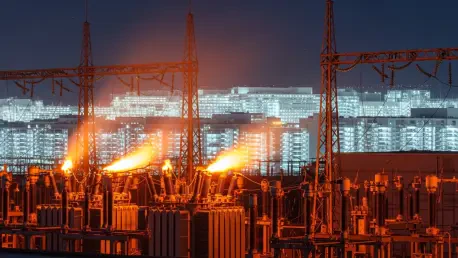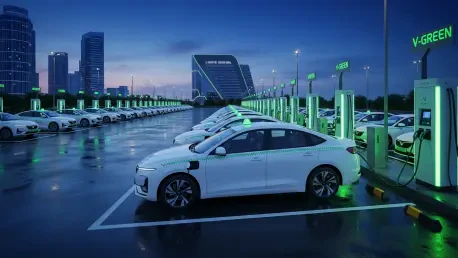
In the face of increasing climate-related challenges, including the record-warm summer of 2025, a recent report presented to senior leaders at Leeds City Council has illuminated the city's remarkable progress since declaring a climate emergency in 2019. This detailed analysis chronicles a

The rapid proliferation of artificial intelligence and digital technologies is creating an unprecedented and largely unforeseen strain on global power systems, forcing a fundamental reevaluation of how energy is generated, distributed, and managed. This new "digital load," primarily driven by AI

The global marine industry, a colossal force in world commerce and leisure yet responsible for nearly one billion tonnes of annual carbon dioxide emissions, is at a critical juncture where its long-standing reliance on diesel fuel has become environmentally and commercially untenable. As regulatory

SP Group achieved a remarkable triple victory at the 2025 Asian Power Awards, securing the titles of Power Utility of the Year - Singapore, Transmission & Distribution Project of the Year – GOLD, and Smart Grid Project of the Year – Singapore. This sweep was not a matter of chance but the direct

A comprehensive new analysis has revealed a profound strategic realignment within global organizations, with energy efficiency in buildings decisively climbing to become the paramount infrastructure priority. This represents a remarkable ascent from its previous ranking of seventh place in 2023,

A landmark agreement has set the stage for one of the most significant infusions of foreign capital into South India, as Vietnamese conglomerate Vingroup signed a Memorandum of Understanding with the government of Telangana to commit a staggering $3 billion investment. Announced at the prestigious